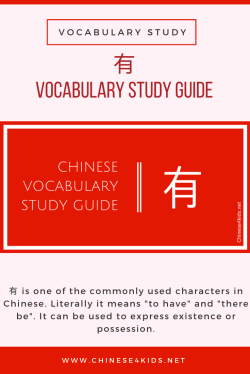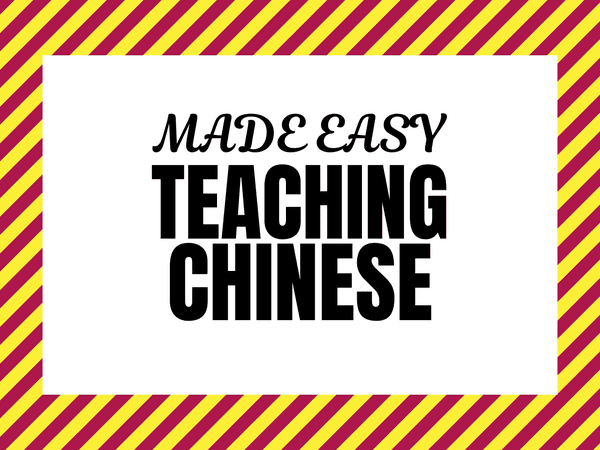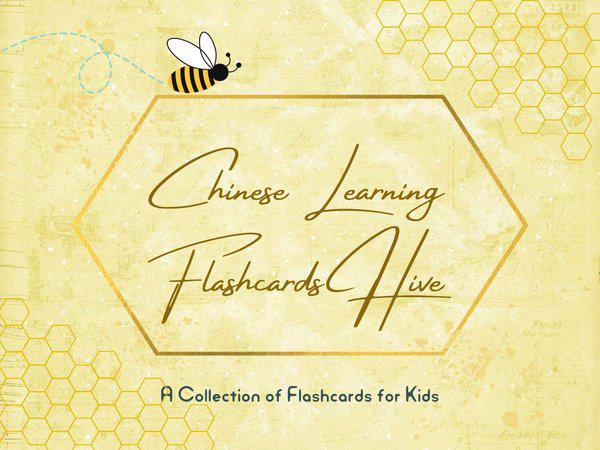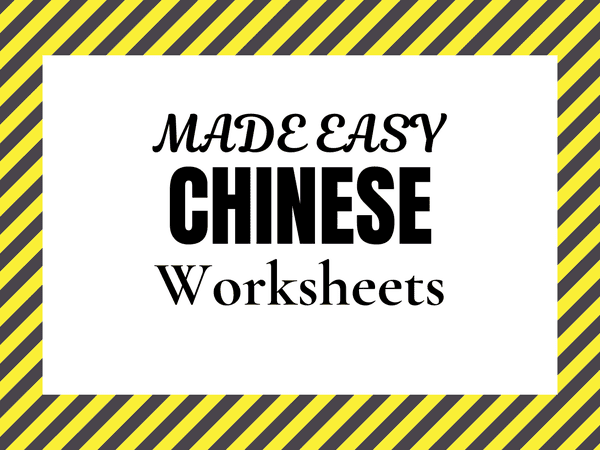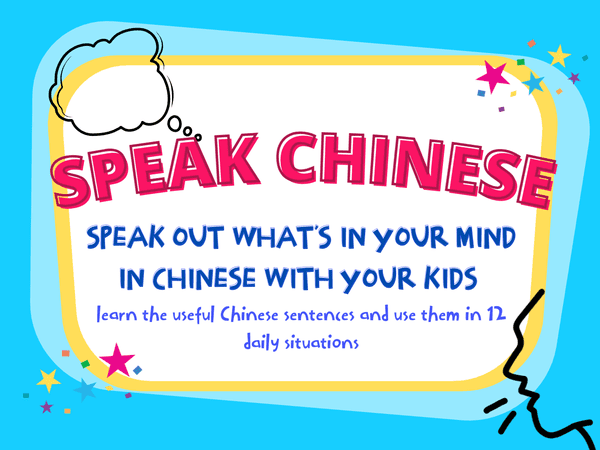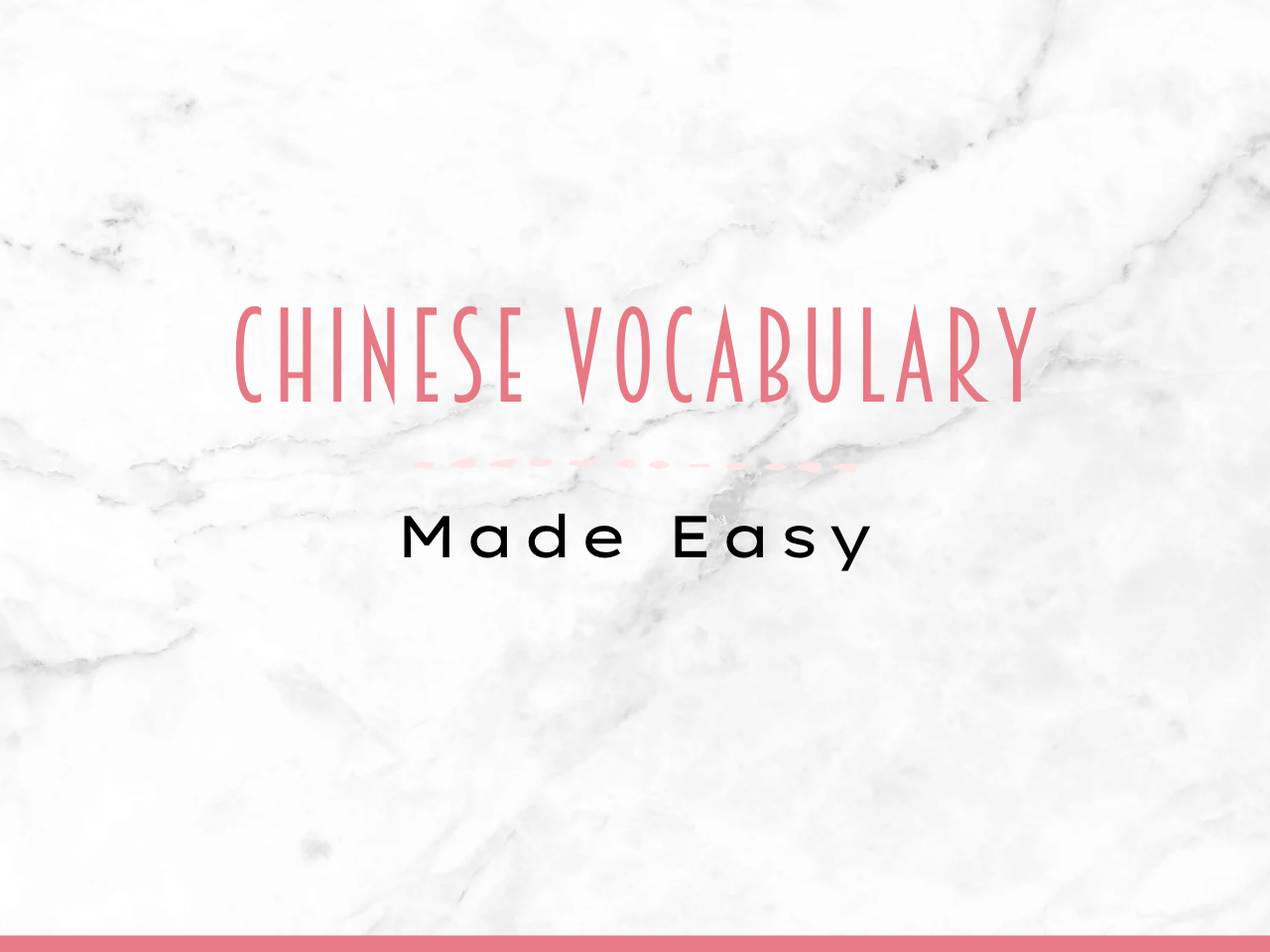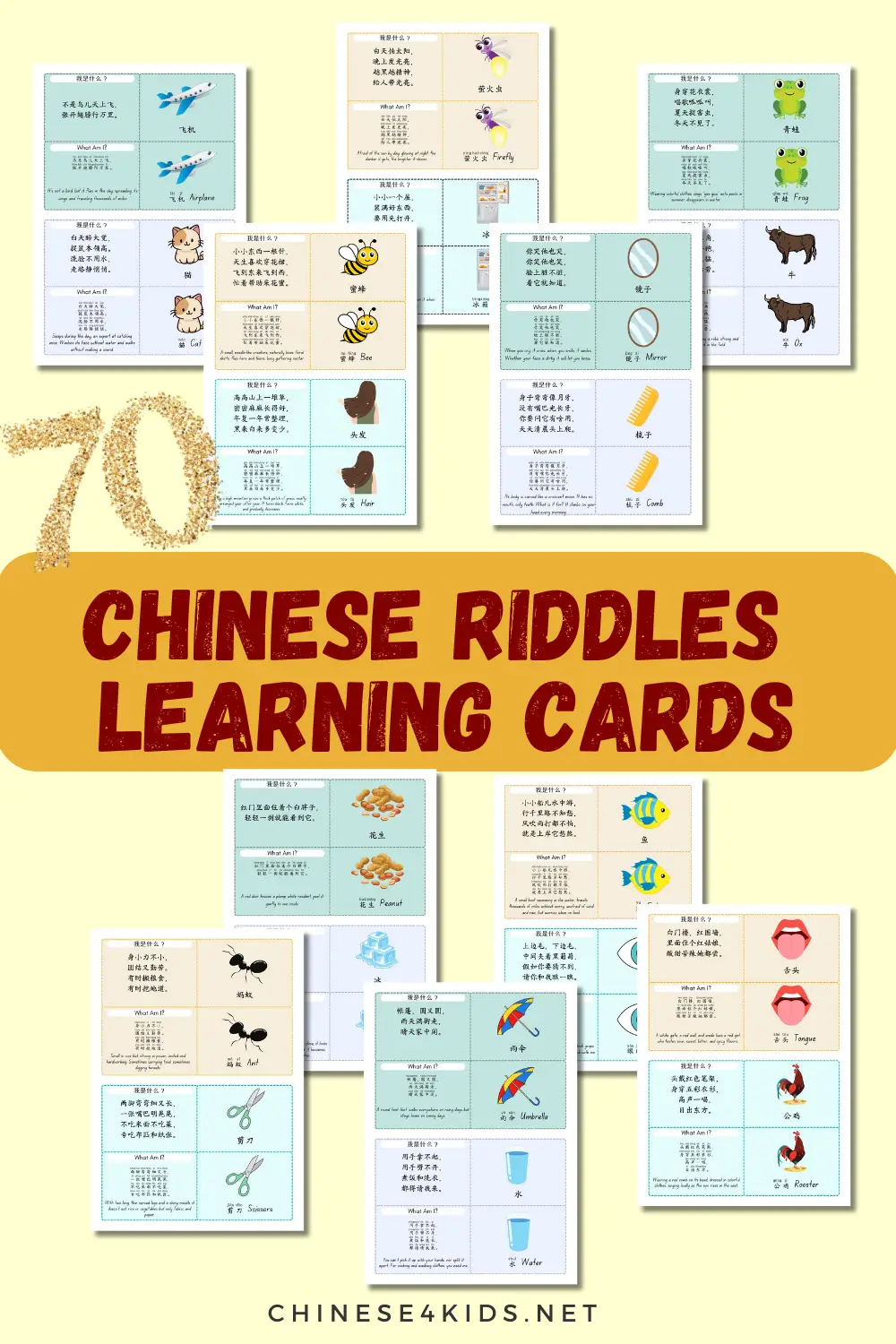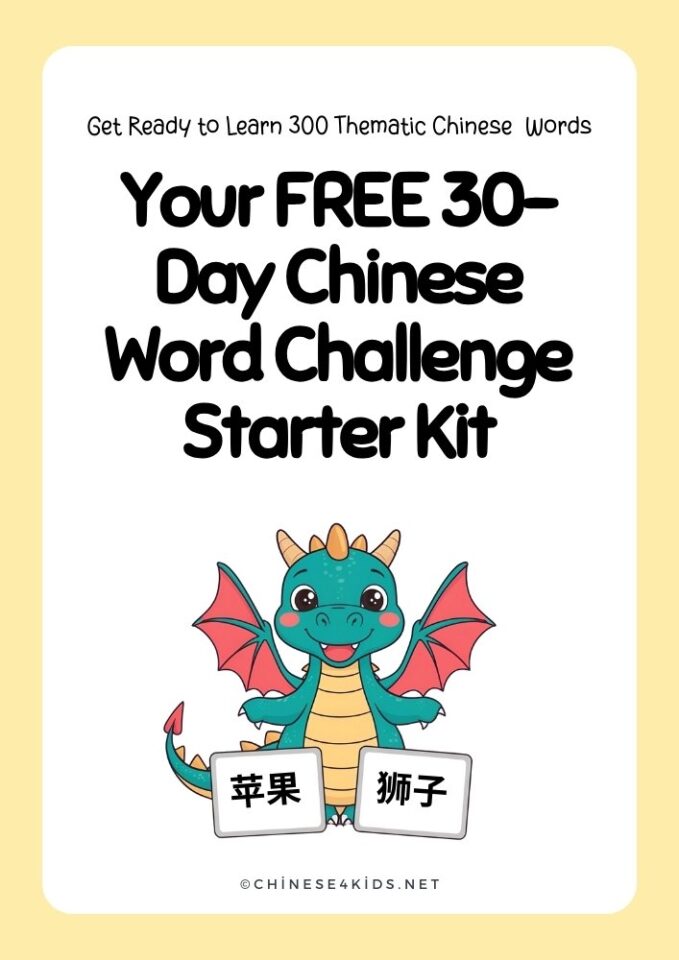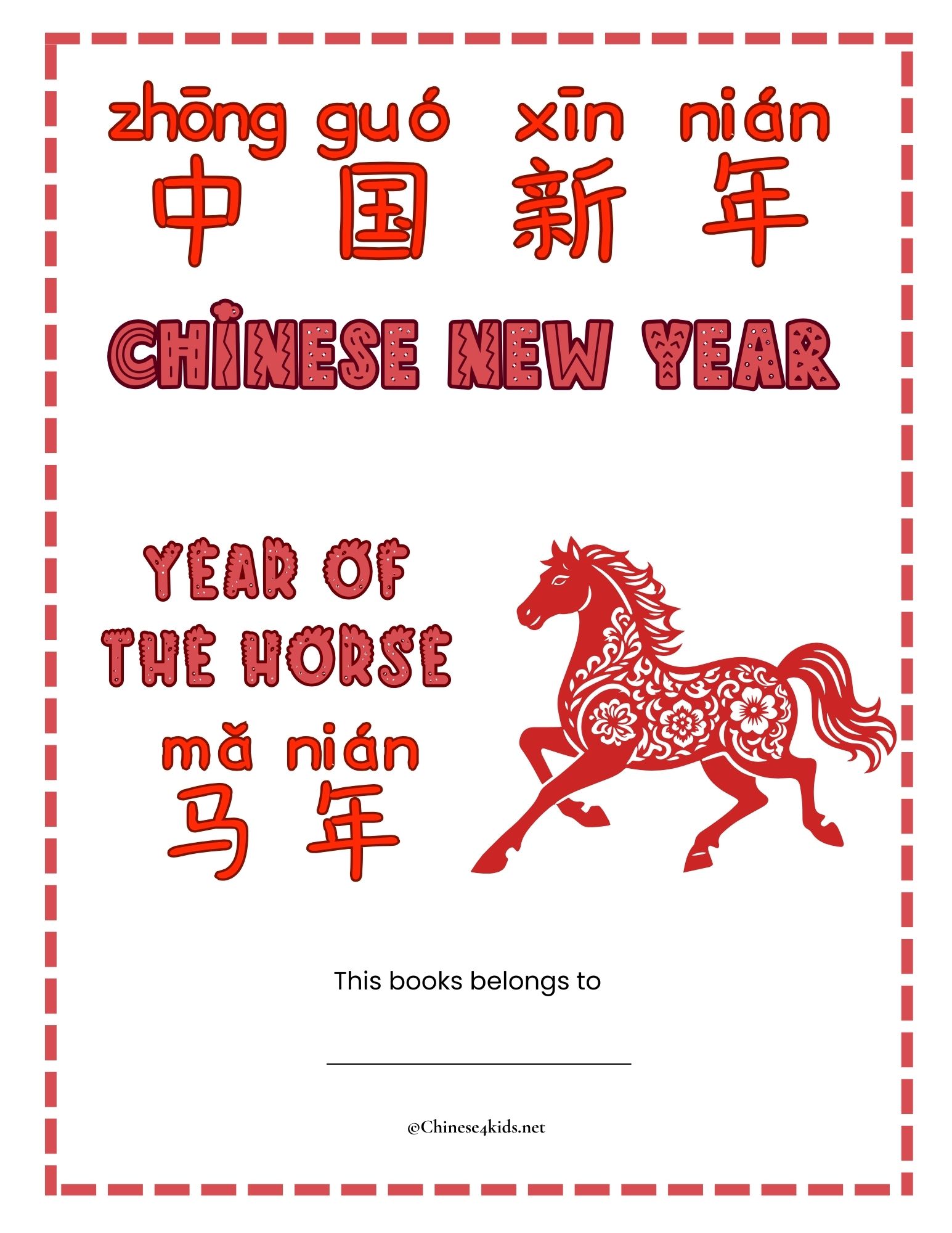
Home » Chinese language practice » Chinese Vocabulary Study Guide You有
Chinese Vocabulary Study Guide You有
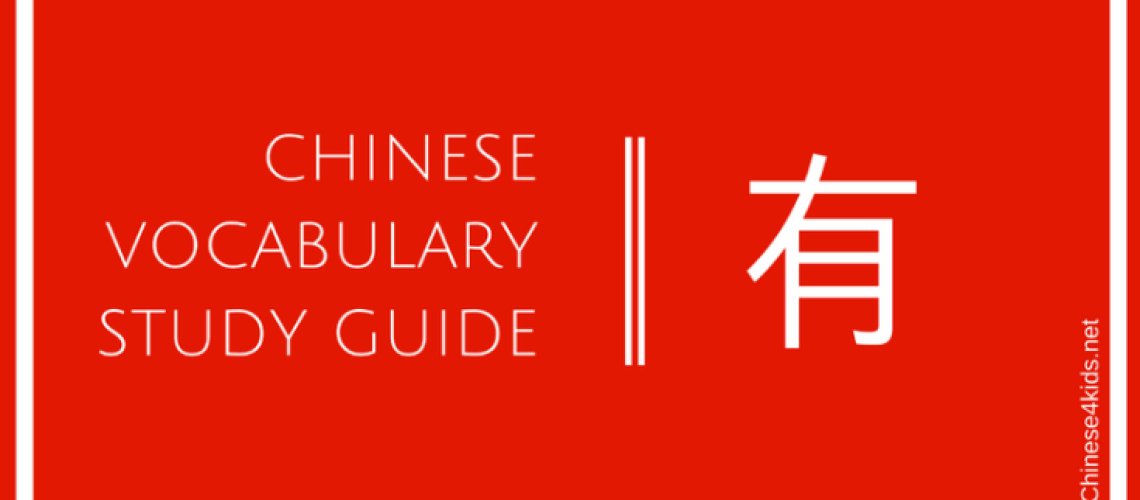
有 is one of the commonly used characters in Chinese. Literally it means “to have” and “there be”. It can be used to express existence or possession. This Chinese Vocabulary Study guide you 有 features the basic grammatical rules on how to use the word with many useful examples.
Expressing existence
The verb 有 (yǒu) when is used to express existence, it is similar to “there is” or “there are” in English.
The sentence structure is
Place + 有 + Obj.
For Example
我的家有四只猫。
Wǒ de jiā yǒu sì zhǐ māo.
There are 4 cats in my house.我的学校有800个学生。
Wǒ de xuéxiào yǒu bābǎi gè xuéshēng.
There are 800 students in my school.意大利有很多中国人。
Yìdàlì yǒu hěnduō zhōngguó rén.
There are many Chinese in Italy.他的公寓有5间房间。
Tā de gōngyù yǒu 5 jiān fángjiān.
There are 5 rooms in his apartment.
Expressing Possession
When used to express possession, 有 (yǒu) is similar “to have ” in English.
The sentence structure is
Subj. + 有 + Obj.
For Example
今天下午我有课。
Jīntiān xiàwǔ wǒ yǒu kè.
I have lesson this afternoon.你有车吗?
Nǐ yǒu chē ma?
Do you have a car?他有100块钱。
Tā yǒu yībǎi kuài qián.
He has RMB 100.小明有一个哥哥和一个姐姐。
Xiǎomíng yǒu yīgè gēgē hé yīgè jiějiě.
Xiao Ming has an older brother and an older sister.
Negating 有 (yǒu)
Unlike other verbs, 有 (yǒu) is negated negated with 没 (méi) instead of 不 (bù). 没有 (méiyǒu) is the opposite to 有 (yǒu). And the short form of 没有 (méiyǒu) is (méi). It is important to note that 不有 is not correct, it has to be 没有。Never use 不 (bù) with 有 (yǒu).
The structure is
没 + 有 (+ Obj.)
For example,
我没有办法, 你有吗?
Wǒ méiyǒu bànfǎ, nǐ yǒu ma?
I don’t have any ideas. Do you have any?他没有工作。
Tā méiyǒu gōngzuò.
He does not have a job.我有事,没有时间和你去看电影。
Wǒ yǒushì, méiyǒu shíjiān hé nǐ qù kàn diànyǐng.
I have things to do, I don’t have time to go to cinema with you.
The short form has only 没 (méi), but used in the same way.
没 (+ Obj.)
我没钱。
Wǒ méi qián.
I don’t have money.他没空。
Tā méi kōng.
He doesn’t have free time.小张没车也没房。
Xiǎo zhāng méi chē yě méi fáng.
Xiao Zhang has neither a car nor a house.
Negation of past actions with “meiyou”
This is important to remember: 不 can not be used to negate the past actions. 没有 (méiyǒu) has to be used to negate past actions such as something did not happen, or somebody did not do something.
Subj. + 没有 / 没 + Verb
Note that you can shorten 没有 (méiyǒu) to 没 (méi).
For Example,
张老师生病了, 今天没有来上班。 | 张老师生病了,今天没来上班。
Zhāng lǎoshī shēngbìngle, jīntiān méiyǒu lái shàngbān. | Zhāng lǎoshī shēngbìngle, jīntiān méi lái shàngbān.
Mr Zhang is sick, he did not come to work today.我没有吃饭。 | 我没吃饭。
Wǒ méiyǒu chīfàn. | Wǒ méi chīfàn.
I did not eat.你昨天没有去看电影吗?|你昨天没去看电影吗?
Nǐ zuótiān méiyǒu qù kàn diànyǐng ma?|Nǐ zuótiān méi qù kàn diànyǐng ma?
Didn’t you go to watch the movie yesterday?
Affirmative-Negative Questions with “you meiyou”
有 (yǒu) is affirmative and 没有 (méiyǒu) is negative. When put together, it is used in questions to expect answers either affirmative or negative.
Questions on Existence or Possession with “you meiyou”
The sentence structure is
Subj. + 有 没有 + Obj.
For example,
-他们有没有孩子?
Tāmen yǒu méiyǒu háizi?
Do they have any children?The answer can be 他们有孩子(They do have children) or 他们没有孩子(They don’t have nay childern).
-你们学校有没有游泳池?
Nǐmen xuéxiào yǒu méiyǒu yóuyǒngchí?
Is there a swimming pool in your school?
The answer can be 我们学校有游泳池(there is a swimming pool in my school) 我们学校没有游泳池(there is no swimming pool in my school).
Questions on past actions with “you meiyou”
-你有没有去过美国?
Nǐ yǒu méiyǒu qùguò měiguó?
Have you been to USA?The answer can be 我去过美国 (I’ve been to USA) 我没有去过美国 (I’ve never been to USA).
- 你有没有开过车?
Nǐ yǒu méiyǒu kāiguò chē?
Have you driven a car?
The answer can be 我开过车 (I’ve driven a car) 我没有开过车 (I’ve never driven a car).
If you like this post, PIN IT!
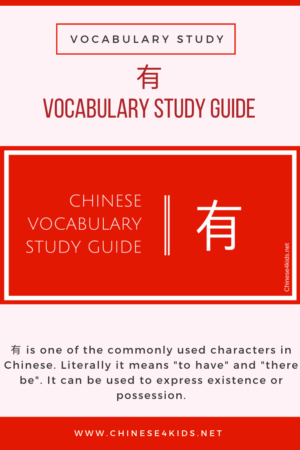
You may find the guide in
CHINESE VOCABULARY STUDY GUIDE BOOK I
You May Also Be Interested:
- Chinese4kids Membership – a portal for busy Chinese teachers and parents
- Chinese learning flashcards Hive – a flashcards library that with regular additions of new quality Chinese learning flashcards
- Chinese learning worksheets collection – Also a part of Chinese4kids membership, this collection is for teachers and parents who want to have access to engaging worksheets and activity sheets created for kids learning Mandarin Chinese as an additional language
- Speak Chinese with Kids Course
You May Also Be Interested:
- Chinese4kids Membership – a portal for busy Chinese teachers and parents
- Chinese learning flashcards Hive – a flashcards library that with regular additions of new quality Chinese learning flashcards
- Chinese learning worksheets collection – Also a part of Chinese4kids membership, this collection is for teachers and parents who want to have access to engaging worksheets and activity sheets created for kids learning Mandarin Chinese as an additional language
- Speak Chinese with Kids Course
- Chinese Vocabulary Made Easy Course
Recent Posts
Join Our Membership
Enroll to A Course
Buy An eBOOK
Our Posts
